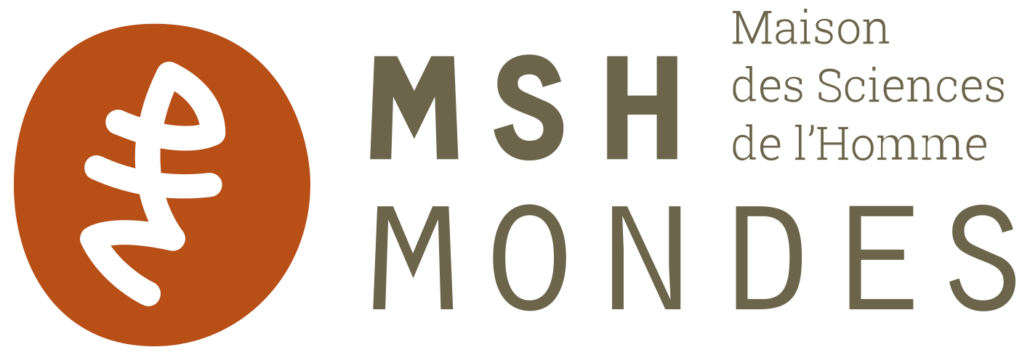| Current library | Call number | Status | Date due | Barcode |
|---|---|---|---|---|
| Besançon : ISTA - Institut des Sciences et Techniques de l'Antiquité Libre accès | Cr-B 6146-S (Browse shelf(Opens below)) | Available | 2021614619 |
Notes bibliogr. Index
"The Discovery of the Fact draws on expertise from lawyers, historians of philosophy, and scholars of classical studies and ancient history, to take a very modern perspective on an underexplored but essential domain of ancient legal history. Everyone is familiar with courts as adjudicators of facts. But legal institutions also played an essential role in the emergence of the notion of the fact, and contributed in a vital way to commonplace understandings of what is knowable and what is not. These issues have a particular importance in ancient Greece and Rome, the first western societies in which state law and state institutions of dispute resolution visibly play a decisive role in ordinary social and economic relations. The Discovery of the Fact investigates, historically and comparatively, the relationships among the law, legal institutions, and the boundaries of knowledge in classical Greece and Rome. Societies wanted citizens to conform to the law, but how could this be insured? On what foundation did ancient courts and institutions base their decisions, and how did they represent the reasoning behind their decisions when announcing them? Slaves were owned like things, and yet they had minds that ancients conceded were essentially unknowable. What was to be done? And where has the boundary been drawn between questions of law and questions of fact when designing processes of dispute resolution?" (Source : éditeur)








There are no comments on this title.